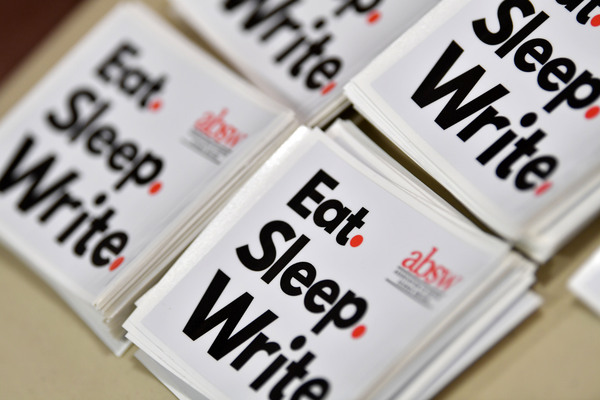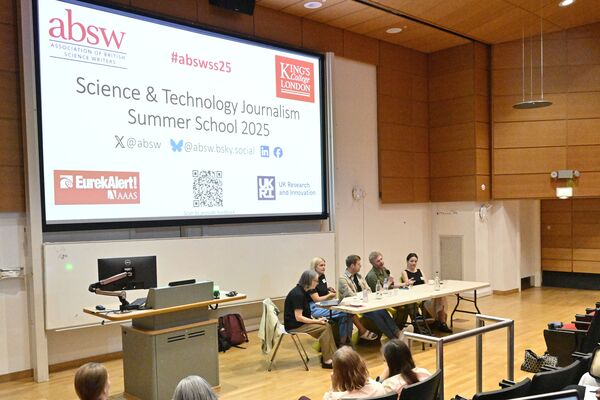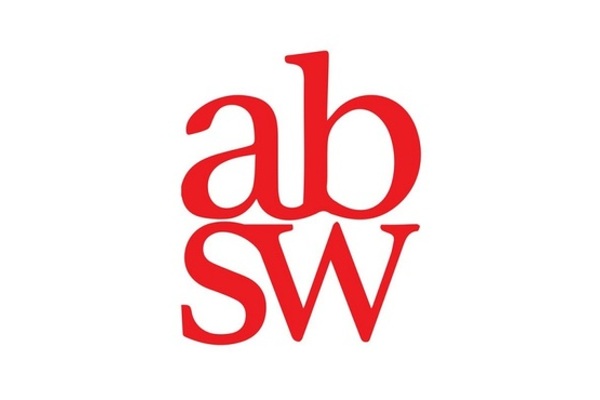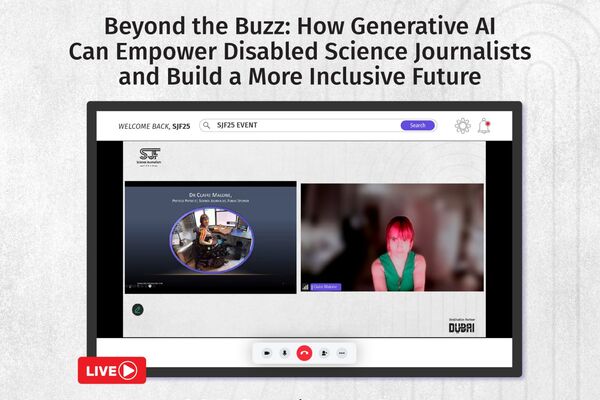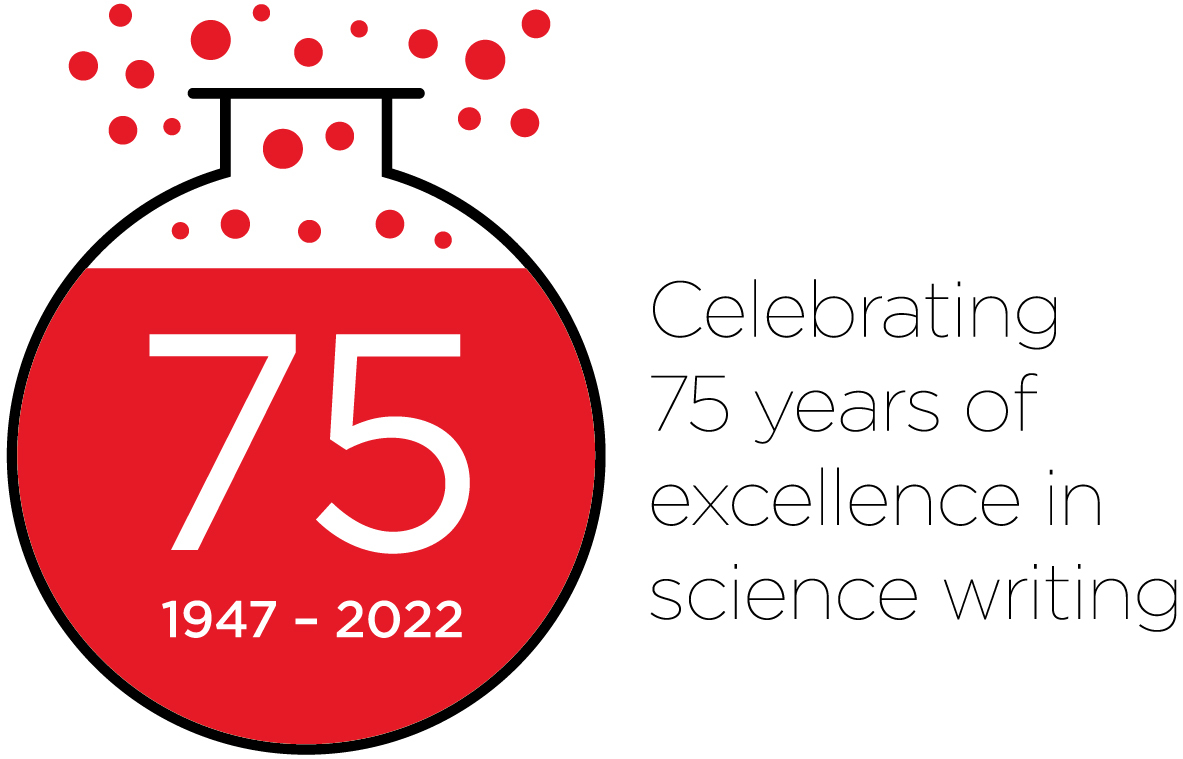
As part of its 75th anniversary year in 2022, the ABSW funded Journo Resources to run a comprehensive fellowship and awareness campaign targeted at reporters without a science, technology, engineering and mathematics (STEM) background.
Forty professional journalists took part in the fellowship, with the overwhelming majority feeling more confident in reporting on STEM as a result of taking part.
Resources from the fellowship are provided here for any reporter wishing to improve their confidence and skills in STEM reporting.
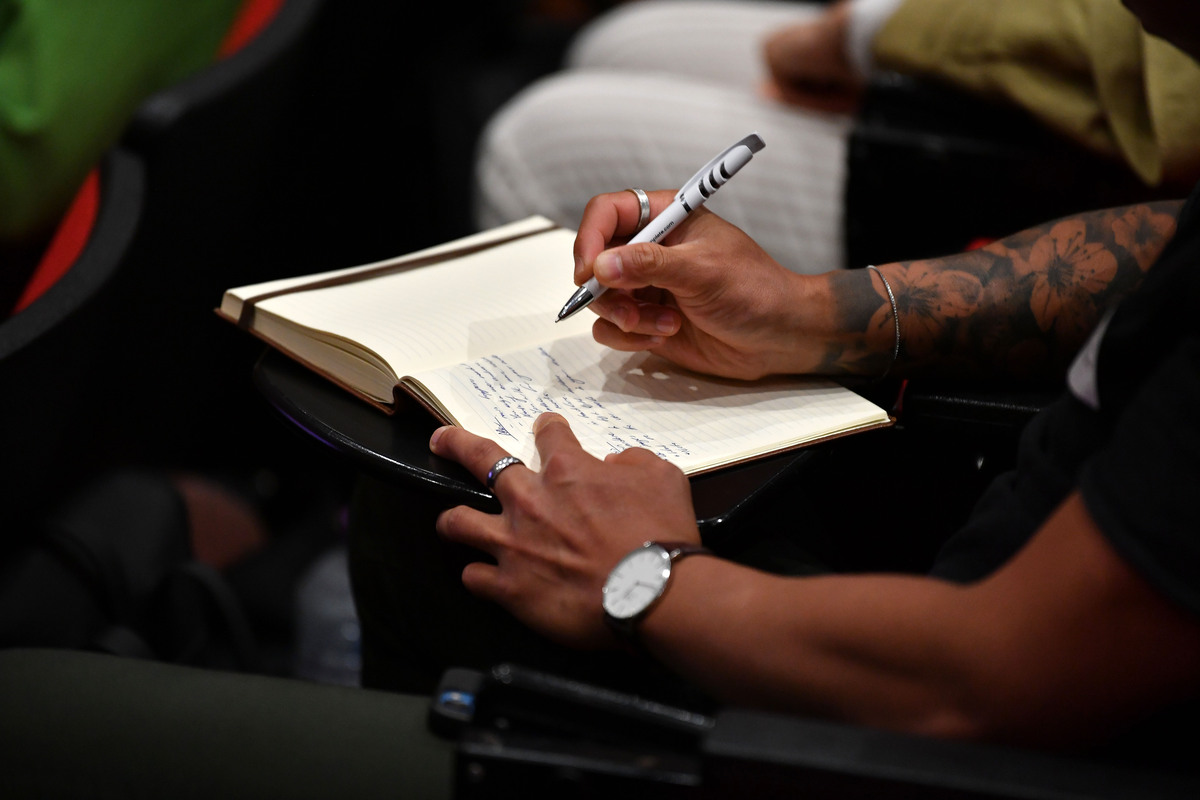
How To Communicate Science Stories Clearly And Creatively
by Hannah Bradfield, Staff Writer, Journo Resources
Thanks to the internet, we have constant access to any information we want. However, a crowded information economy can also mean it is harder to win — and retain — your readers’ attention.
According to research by Dr Gloria Mark, professor of informatics at the University of California, our attention spans are in decline. Mark’s team measured the average attention on a screen to be two and a half minutes in 2004. By 2012, it was around 75 seconds, and now? Mark’s research suggests people can only pay attention to one screen for an average of 47 seconds.
So, you have managed to grab a reader’s attention with your super interesting science story. How can you keep hold of it?

How To Read Scientific And Research Papers: Advice For Journalists
by Hannah Bradfield, Staff Writer, Journo Resources
As journalists, we often encounter research papers — but that doesn’t mean we know how to get the best out of them. Science papers and raw research is often seen by readers as dry and uninteresting at best, or incomprehensible at worst.
But, that’s where we come in. When used appropriately, scientific papers can help journalists understand, question, and break down ideas for audiences and are the basis of writing great science stories. So, we spoke to the experts for some guidelines on how to effectively read, research and write stories based on scientific papers.
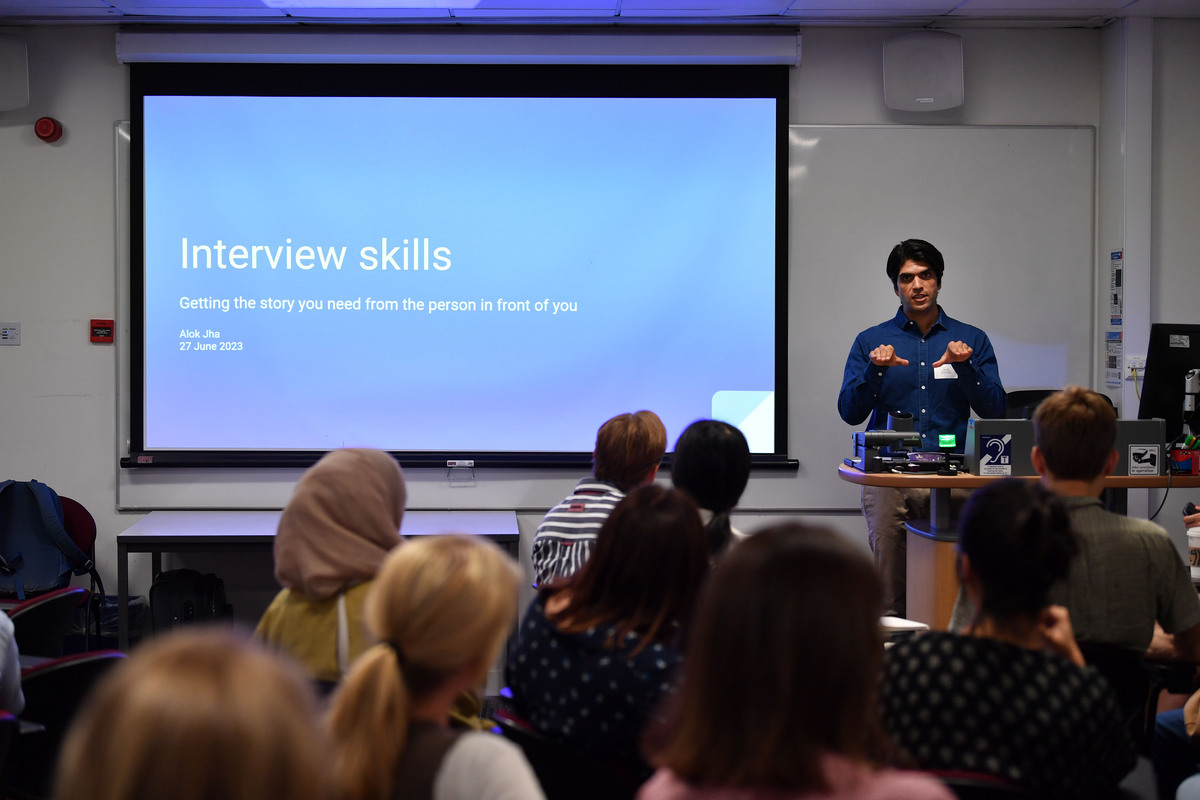
How To Interview Scientists And Researchers For Science Stories
by Hannah Bradfield, Staff Writer, Journo Resources
From reporting on Covid-19 to climate change, journalists are often required to turn around science stories quickly and without much specialist knowledge. As a result, it’s vital to know how to navigate interviews with scientists and researchers.
While the process can feel intimidating, no matter where you are in your career, it can lead to immeasurably better stories. Interviewing is an art — one that I am definitely still perfecting — and you’ll rarely be brilliant from the outset. The flip side? It can absolutely be learnt with practice.
Visit Journo Resources hub page for science which will continue to be updated with new science content as it is produced.

